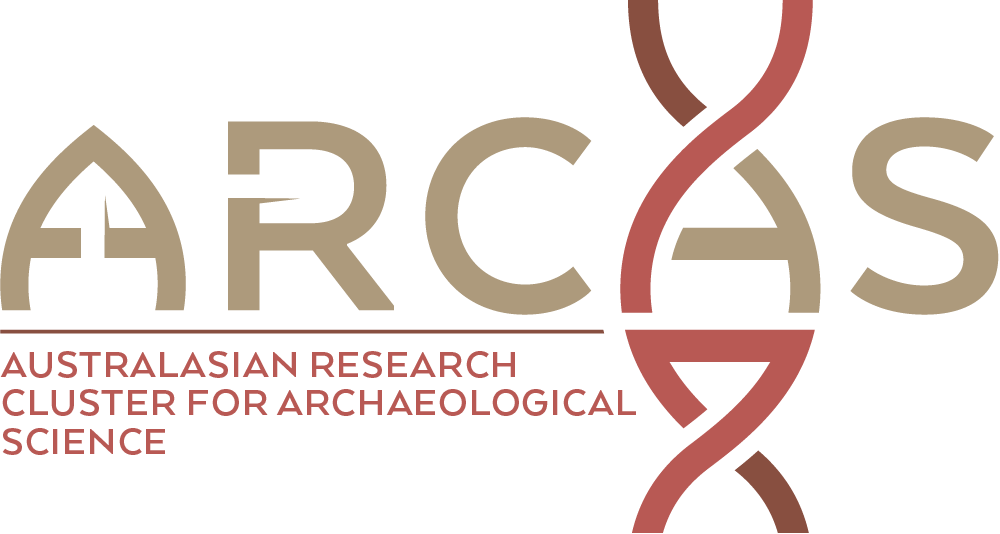Satellite-based remote sensing rapidly reveals extensive record of Holocene coastal settlement on Madagascar
Publication date: March 2020
Source: Journal of Archaeological Science, Volume 115
Author(s): Dylan S. Davis, Vanillah Andriankaja, Tahirisoa Lorine Carnat, Zafy Maharesy Chrisostome, Christophe Colombe, Felicia Fenomanana, Laurence Hubertine, Ricky Justome, François Lahiniriko, Harson Léonce, George Manahira, Briand Venance Pierre, Razafimagnefa Roi, Patricia Soafiavy, Faralahy Victorian, Vavisoa Voahirana, Barthélémy Manjakahery, Kristina Douglass
Abstract
Despite decades of archaeological research, roughly 75% of Madagascar’s land area remains archaeologically unexplored and the oldest sites on the island are difficult to locate, as they contain the ephemeral remains of mobile hunter/forager campsites. The known archaeological record is therefore biased toward later sites, especially sites dating to the second millennium AD, following the expansion of Indian Ocean trading networks. Systematic archaeological investigations are required to address these biases in the known archaeological record and clarify the island’s early human history, but funding limitations, logistical and time constraints in surveying large areas and a relatively small number of active field archaeologists present substantial barriers to expansive areal survey coverage. Using theoretical models derived from human behavioral ecology (i.e., ideal free distribution, optimal foraging theory) in conjunction with freely available remote sensing data, we illustrate how archaeological survey of Madagascar’s landscapes can be rapidly expanded, more effectively target early archaeological deposits, and address questions about the island’s settlement. This study illustrates the potential for theoretically-driven satellite-based remote sensing analysis to improve our understanding of the archaeological record of the world’s fourth largest island.
